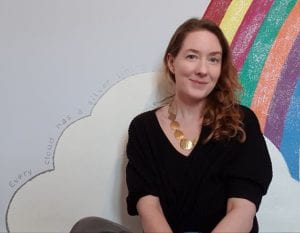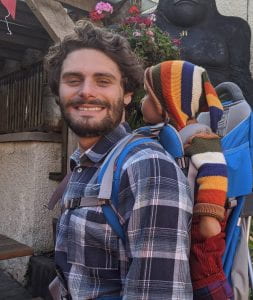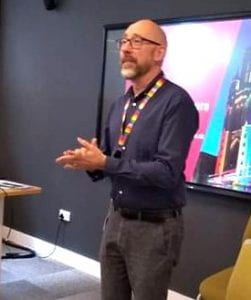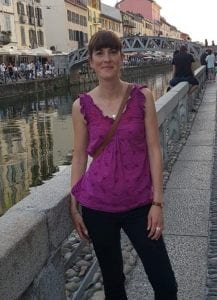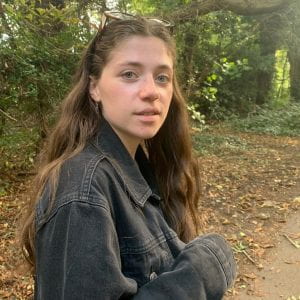 by Claudia Raymond-Hayling, Second year Theatre and English (BA) student and Bristol Futures Advocate.
by Claudia Raymond-Hayling, Second year Theatre and English (BA) student and Bristol Futures Advocate.
For many of us, this year was difficult and not what we were expecting. However, it is important to be proud of what you have achieved. With that in mind, I have been thinking about how summer can be a productive time in many ways, some of which I thought may be useful to some of you. Whatever you’re doing, whether you’re finishing first or final year, your day-to-day will shift as the teaching block comes to a close.
Relax!
This year has required huge adjustments for many of us. For some, taking a break could not come soon enough, and for others switching off will seem quite hard! Whatever you’re feeling, using this time for a bit of a pause is a great reward to yourself for finishing the year.
Dedicate some time to hobbies
Hobbies are easy to neglect amidst university work, but they are so important to keep up! Hobbies allow you to productively focus your spare time on something that you really enjoy, whilst giving you an opportunity to learn new skills that will be transferrable throughout your life. An increased time spent on hobbies can also be really beneficial for your mental wellbeing, so dedicating even just one hour a week on something you love can make a massive impact. I know that I’m unbelievably excited to regularly go to the theatre, which I haven’t been able to do properly in such a long time due to the pandemic. If you’re not sure what hobbies you specifically enjoy, there’s nothing stopping you from picking up something new!
Go outside!
Revision and work often requires a lot of time spent indoors, so spending some time outside will be a nice change as the weather (hopefully) improves. Go for a walk with a friend or go for a nice day out. Whatever you’re doing, the outdoors can be a really nice change of scene.
Socialise
Meeting up with friends and family has been a long time coming and with restrictions easing, it has never been more important. Making time to meet up with people is a great way to spend your free time.
Think about the future
The end of the year is an important time to think about where you will be headed. Maybe you’re thinking about getting ahead for the next academic year, or you’re thinking about internships or jobs you’d be interested in. Whatever your future plans are, it’s important to be aware of them. If you don’t know what you want to do, now is the time to have a think about it! There are some great contacts through the Careers Service who will be available over the summer if you need some help with internship/job opportunities or even long-term career planning.
Even if you don’t end up doing any of these things, it is important to think about what you want to get out of this time. Although I think these are useful, do what works for you! Ultimately, be proud of finishing this year of university, during a very difficult time. It would be great to hear how you are using your summer productively in the comments and, on that note, have a great summer!

